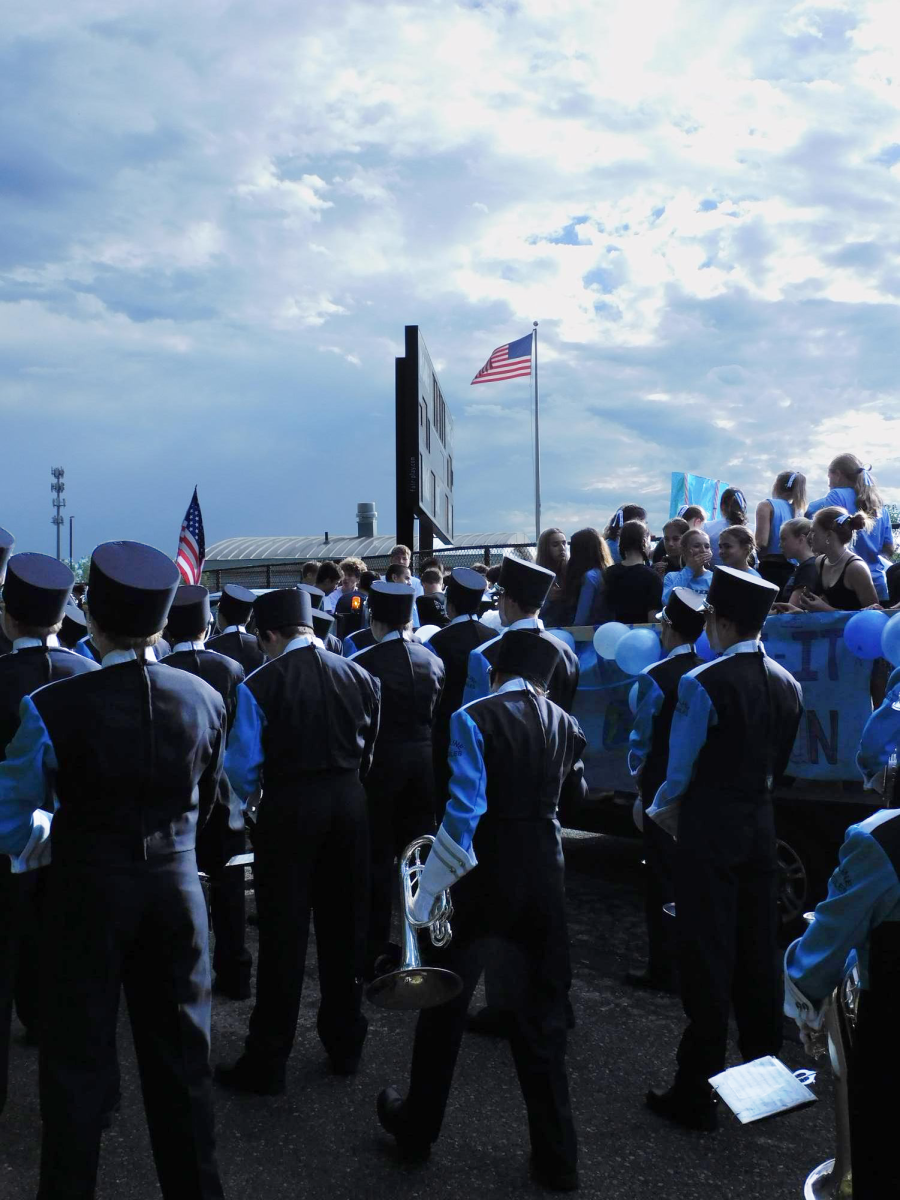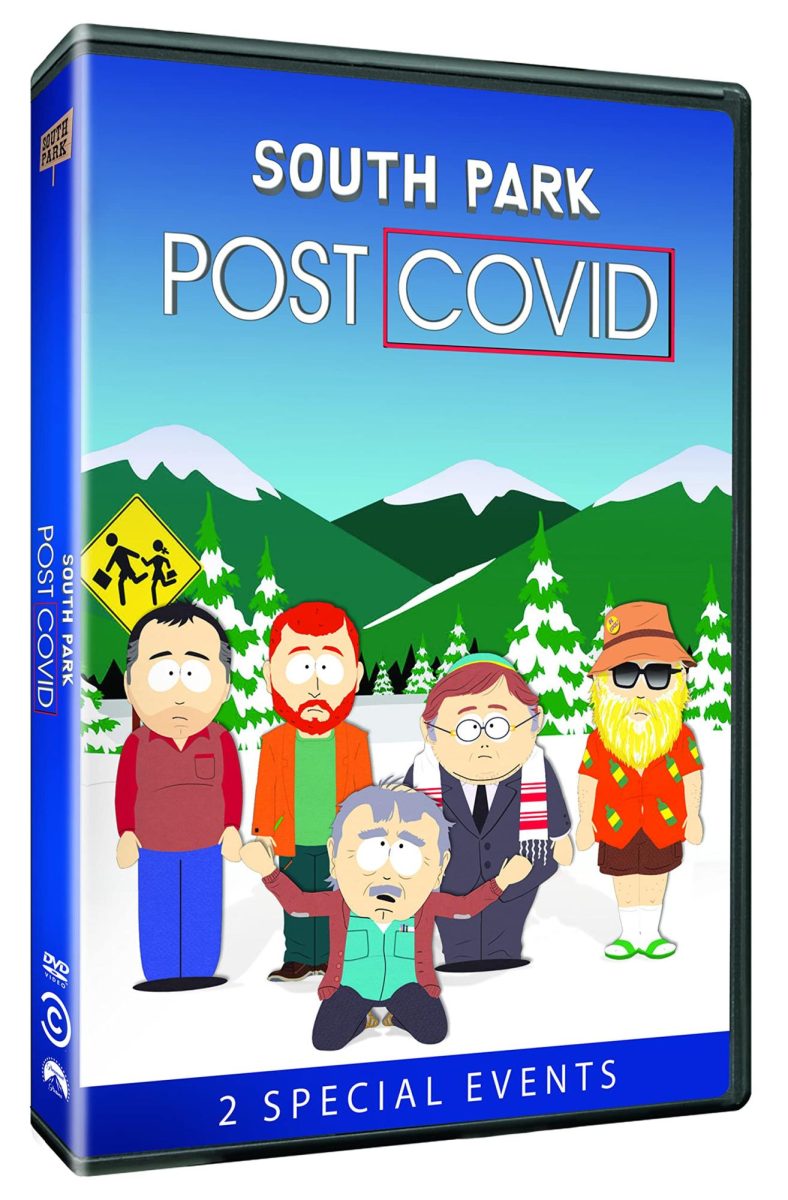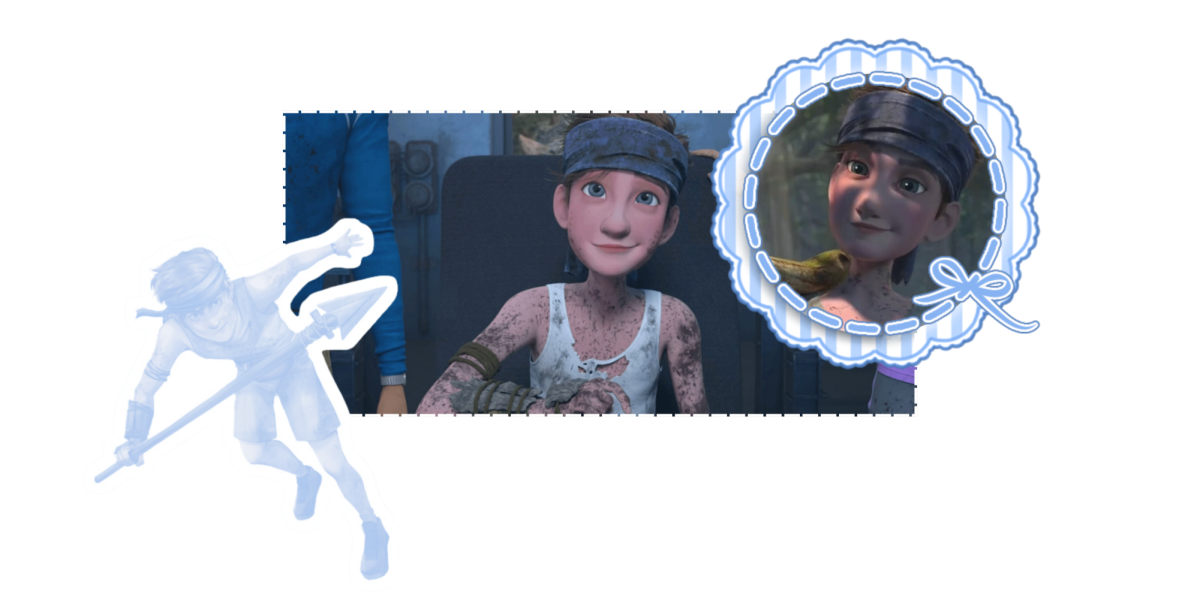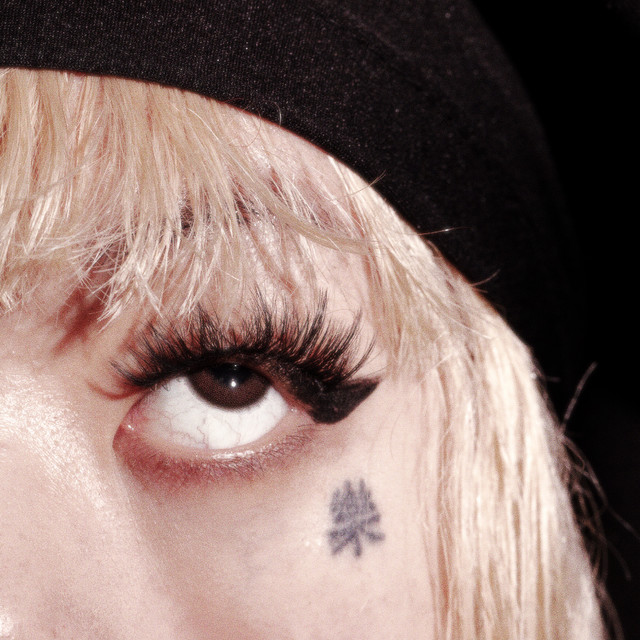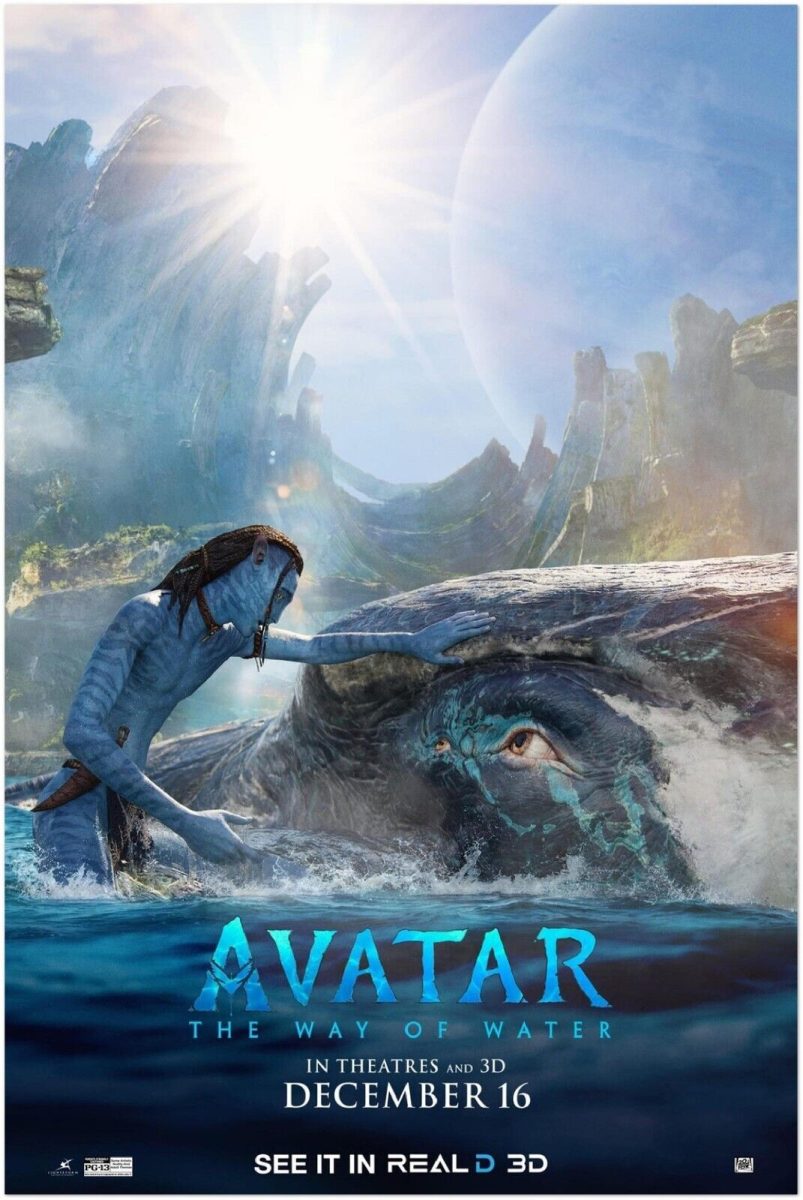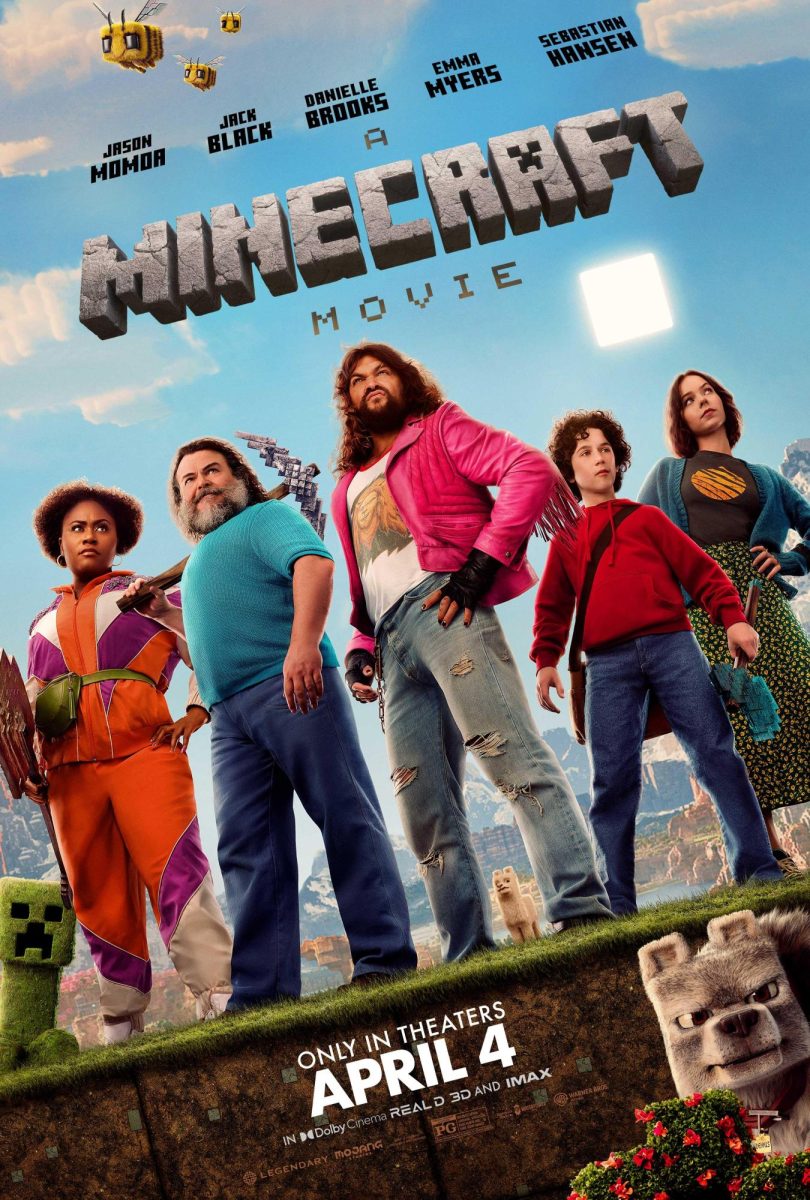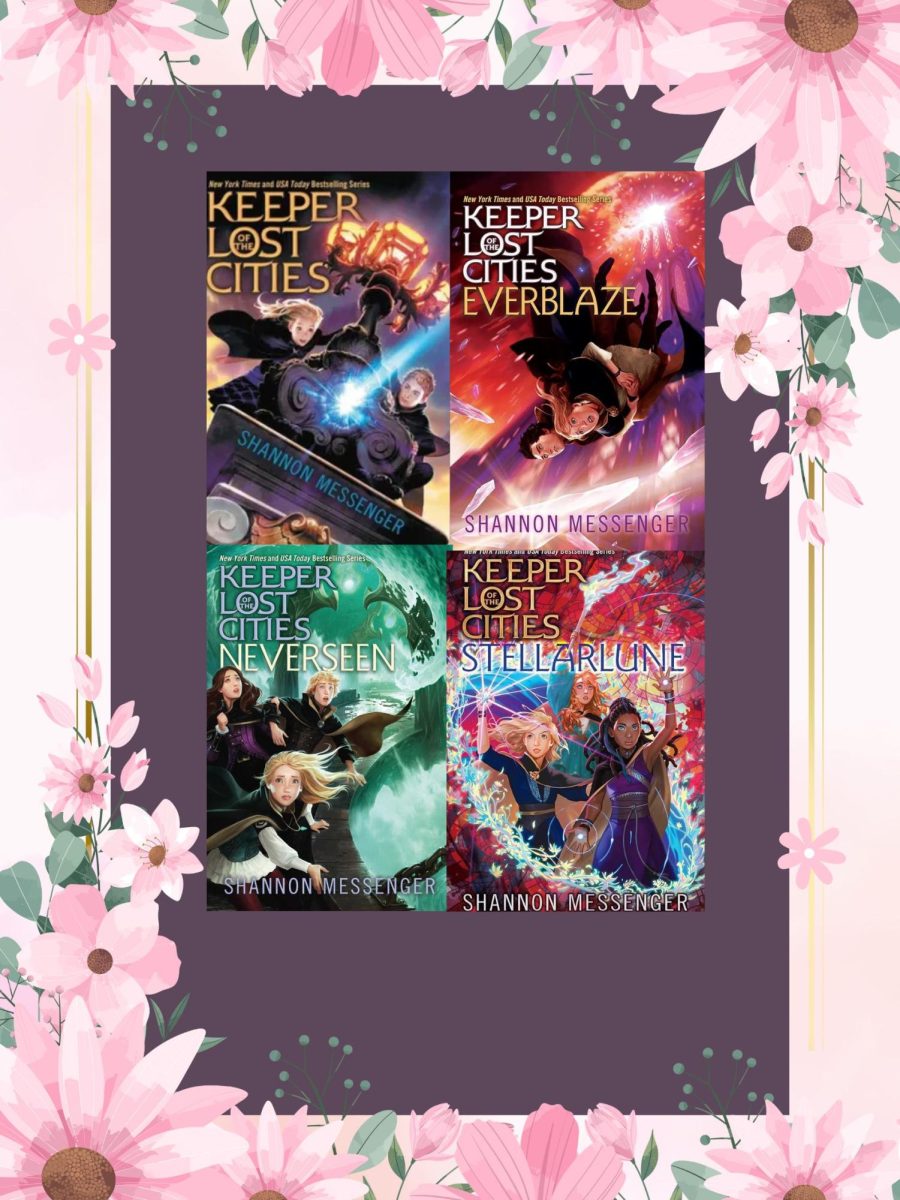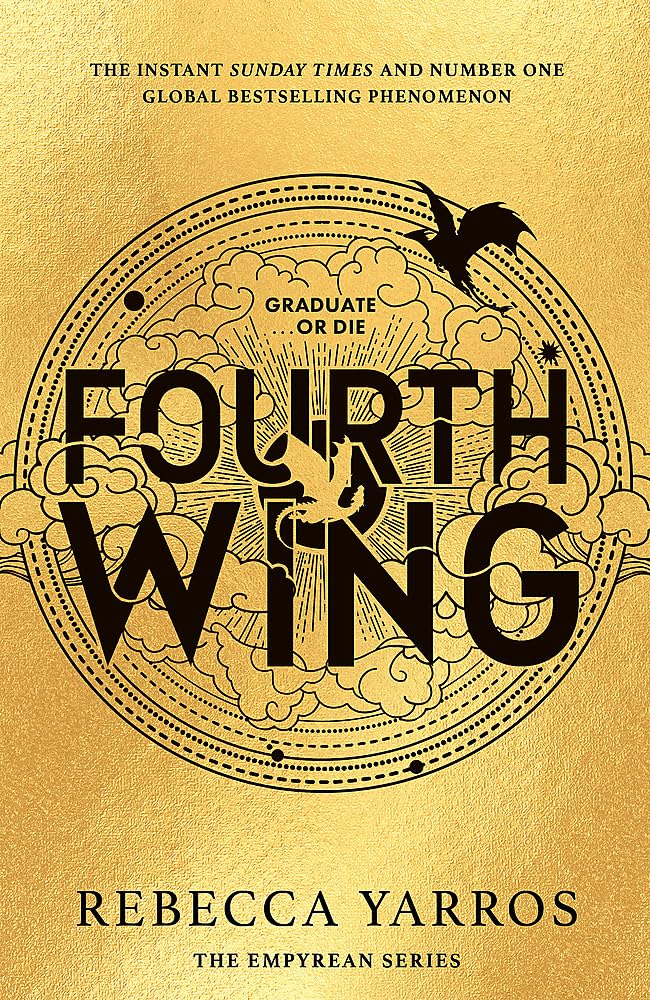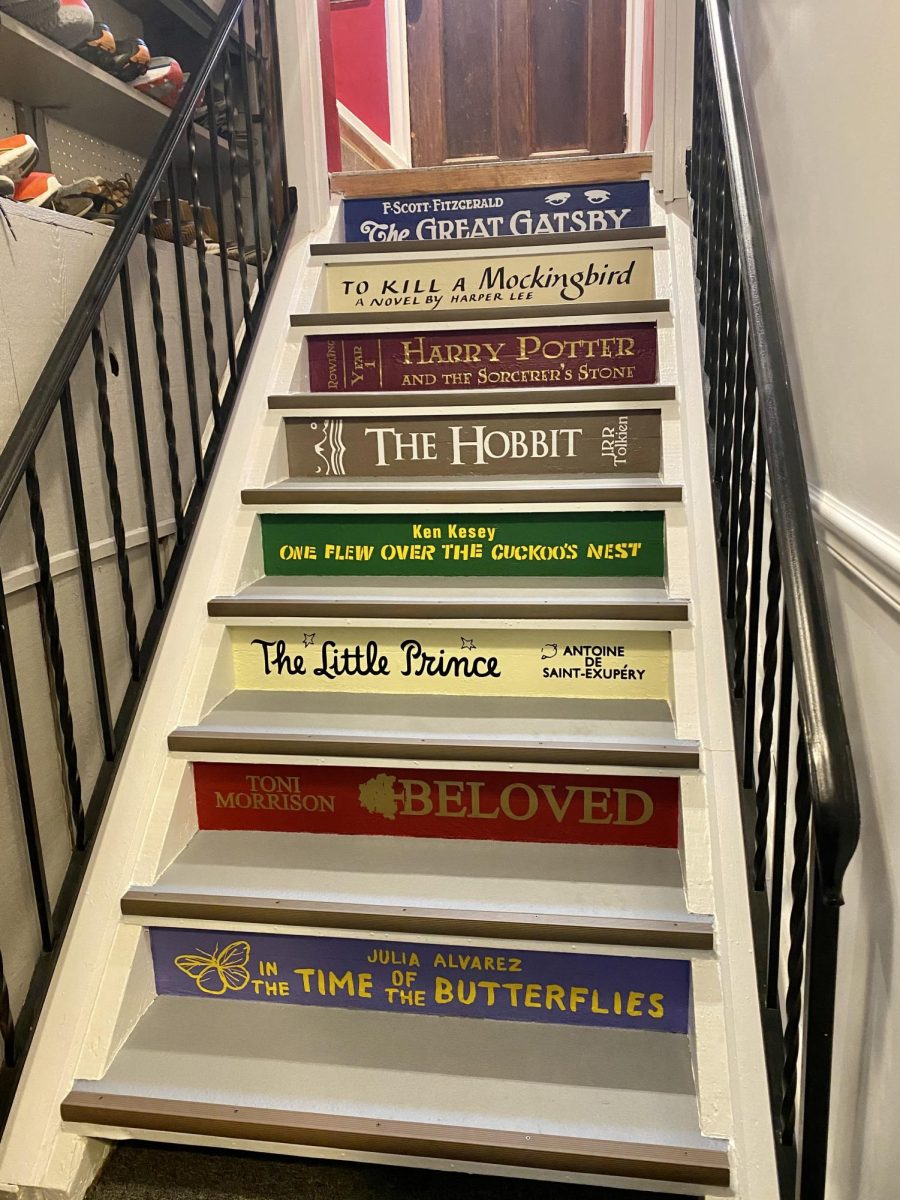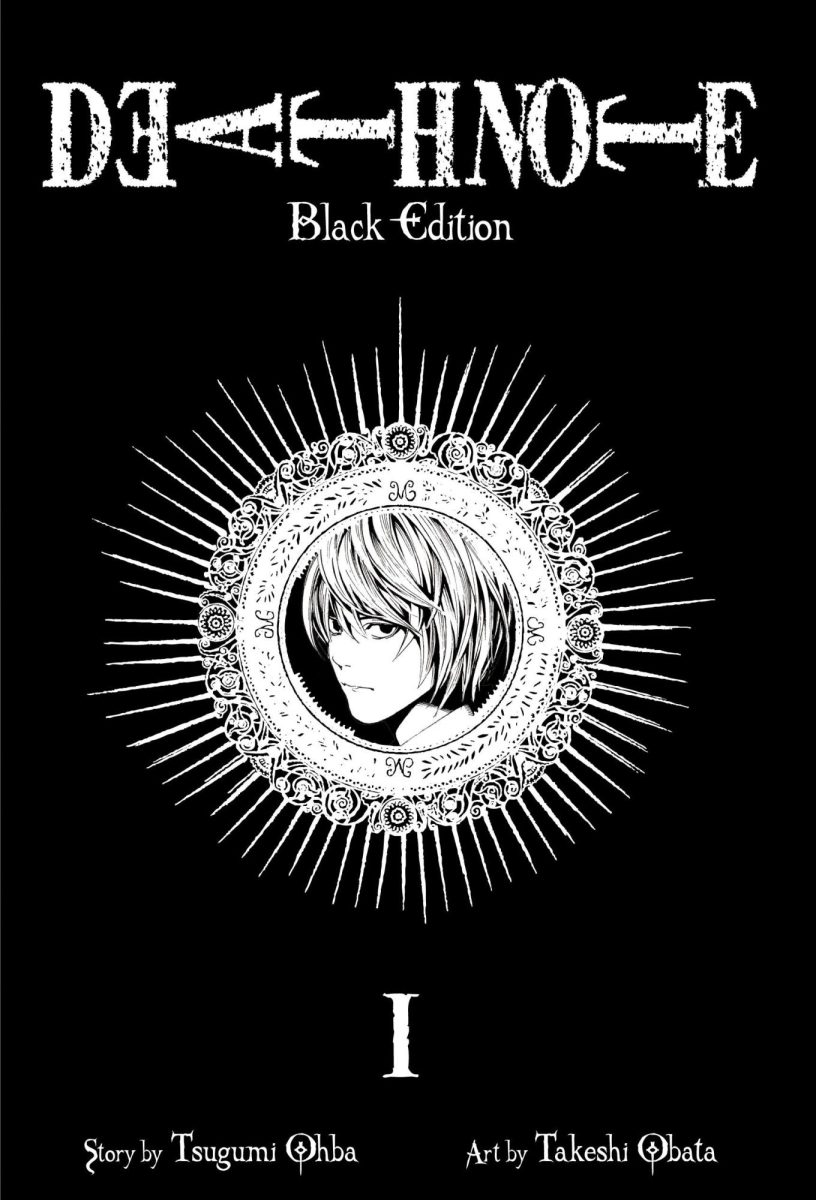Many readers have attempted taking on the intimidating world of non-fiction books — whether it be for an assignment or as an attempt to mix up their reading repertoire — however, it’s easy to get immediately turned off by the dizzying assortment of mundane topics, from history, to math, to cookbooks, to the Complete Book of Running, or bravely pick one up, only to give up after trudging through its long, monotonous pages.
After a failed attempt at finding good non-fictions myself, I turned to Skyline librarian Lindsey Szurek. Szurek recommends true crime as well as narrative nonfiction like memoirs or survival stories. “World War II stories are highly popular,” says Szurek, “Like if it’s a soldier story or people who are surviving the Holocaust.”
After hearing this, I tried The Art Thief (2023) by Michael Finkel, a biography about prolific art thief Stéphane Bréitwieser and his eventual demise. Finkel details Bréitwieser’s upbringing, heists, and downfall with a really interesting perspective.
I also read The Nazi Officer’s Wife by Edith Hahn Beer, a memoir about Beer’s experience as a Jewish woman in the Holocaust. Her experience was wild and tumultuous, from being brutally overworked at an asparagus plantation to living a comfortable yet terror-filled life posing as a Nazi officer’s wife. Both books had more of a narrative format, which made it easier to stay engaged.
Reading about actual experiences from real peoples’ perspectives is cool. Sometimes, I find it harder to relate to characters who live in fictional worlds filled with plot holes and impossibilities. For example, while novels about daring thefts might be more dramatic, I always end up thinking about everything which could have gone wrong and how that couldn’t actually have happened. But in non-fiction books like The Art Thief, I know it actually happened, and can focus more on what the experience was like for the people involved.
While there are some really good non-fiction books out there, it can still be hard to sift through all the boring books to find the ones worth reading. While books which go into depth into specific topics are great for studying, they can get dull if you want something to read for fun.
That’s what happened to me, after I decided to read several and compile a list of entertaining ones; I plowed through one mediocre title and skimmed two boring ones before running out of patience. The Chaos Machine was my first pick, about how social media is detrimental to society. It had an interesting topic, but the format of several small stories that support the main claim got repetitive because most of the narratives were very similar: a conspiracy or hate group spreads rampantly on social media, and people end up getting hurt. Similarly, The Climate Book about global warming and A Short History of the World in 50 Lies about various histories had interesting subjects but repetitious methods of delivery. Maybe nice if you like learning about that topic already, but definitely not something to read for fun.
Szurek says that some popular genres at the Skyline library include true crime, narrative nonfiction like memoirs or survival stories, and sports nonfiction like histories of teams and players. I would also recommend heading to a bigger library, like the AADL downtown branch, for more variety. One title available there which I recommend, How To Be Perfect by Michael Schur, is a really funny, and understandable book covering basic philosophy in a relatable way.


